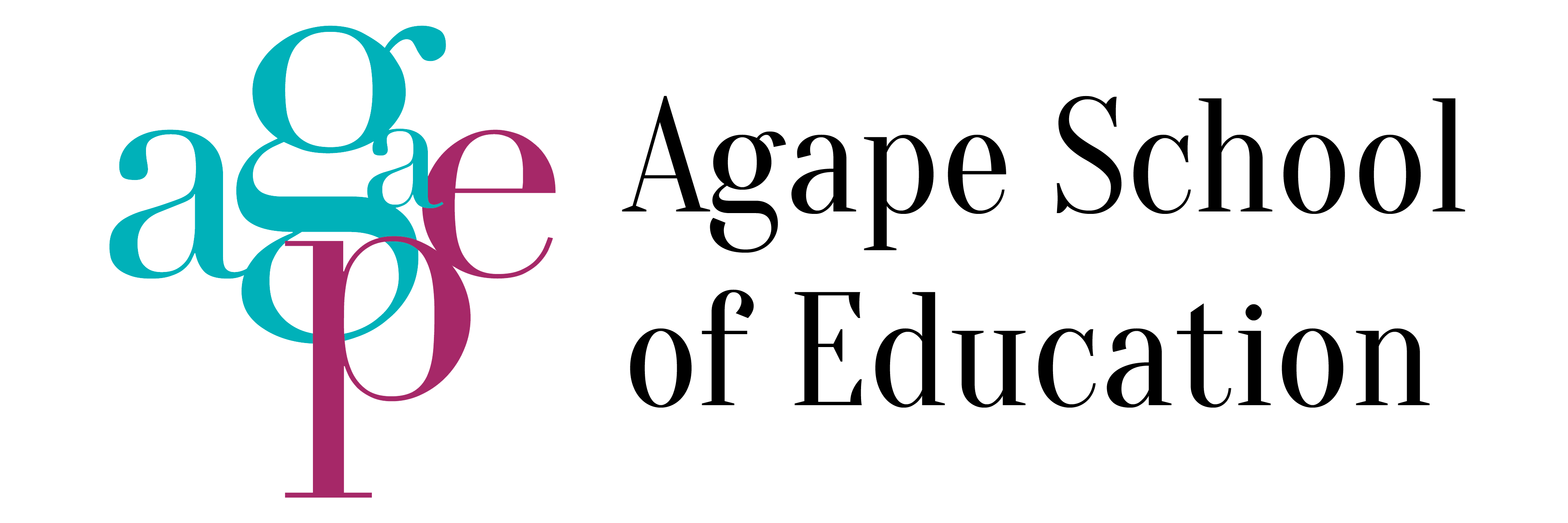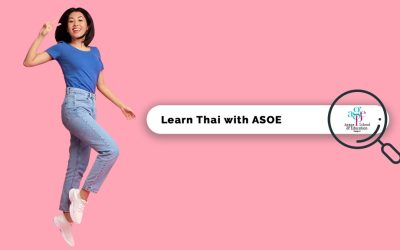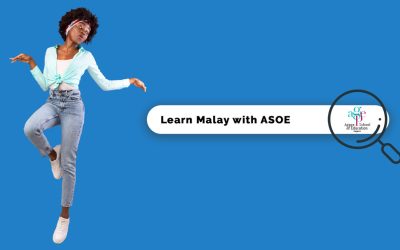This age-old debate will continue to rage on but in terms of language acquisition and translation, which one is better? Human or Machine?
We’ve all used Google Translate or downloaded an online dictionary when we’re travelling. Perhaps we’ve even depended on it for work or to communicate with friends from other countries. However, more often than not, we know the translation isn’t accurate. Sure, we’re probably somewhere in the ball park, but there’s always that chance that you’re saying “library” instead of “toilet”.
These translation faux pas aren’t hard to find, even in Singapore, they’re common. Last year alone there were two cases where banners were improperly translated. The media fire storm was not only embarrassing but also offensive as it was Tamil, one of our official languages, that was mistranslated.
This is where man trumps the machine.
Learning the language, or using a human translator, ensures accurate and quality translation as a human will be able to understand the idiomatic nuances or find a suitable substitute for the phrase. At the very least, you won’t get a literal translation for those pesky phrases. That said, it is more time-consuming, regardless of whether you learn the language or hire a professional.
But is this enough of an incentive to award the crown to the machine? We think not. Especially if you are travelling, it is important to understand the nuances of a language if you are going to try to converse with a native speaker. Many languages like French and Thai have formal and informal speech, or male and female nouns, which a software cannot detect. In fact, some of the most common errors with online software are missing verbs or missing words altogether. So travellers are actually much better off taking a crash course or a traveller’s language course in the language they want to speak.

Bots, software and other language programs are highly used by travellers, employees and even students. However, will they ever trump the power of human translation?
Of course, this is more effort than using Google Translate, but not only will it help when ordering, asking for directions or taking instruction, but it will also be a useful skill to have in your back pocket. In our globalised world, the ability to speak more than one language is highly regarded. In fact, we’ve just made the case that translators will never be out of work. In this case, human trumps the machine! At least until machines are able to learn.
At Agape School of Education, we offer courses in over 13 different languages. We cover curriculum for business purposes, preparation courses for all levels of language certification, academic courses for students (especially for those who follow the MOELC syllabus) and even courses for travellers. That said, our courses are modifiable based on our students’ needs. Come down to our school today to find out more about our language courses, be it for travel, business or educational purposes! Find available courses here.




0 Comments